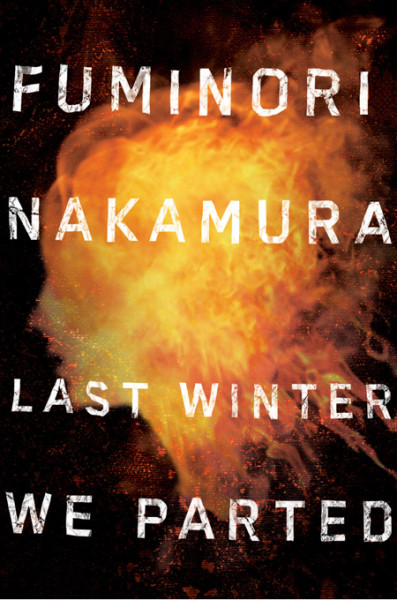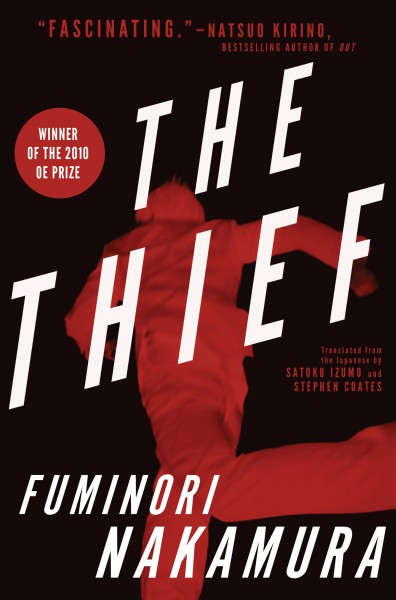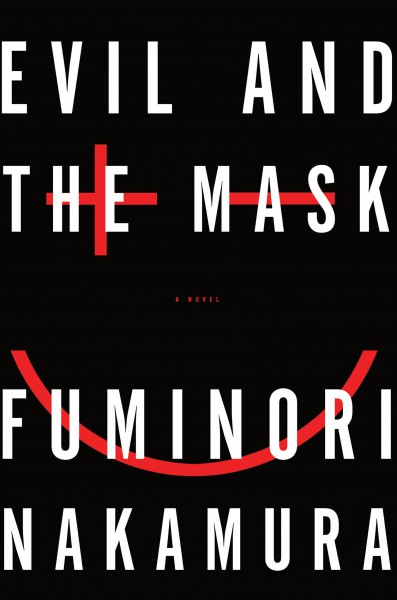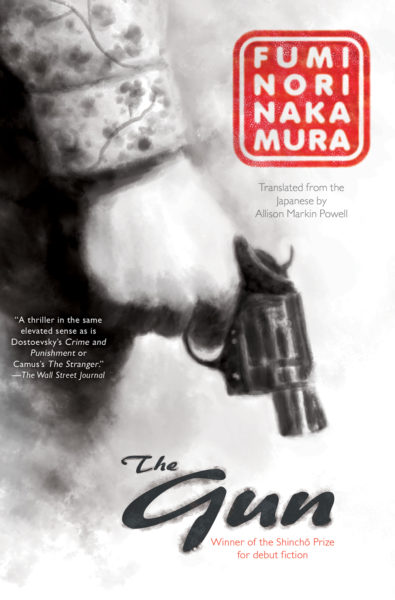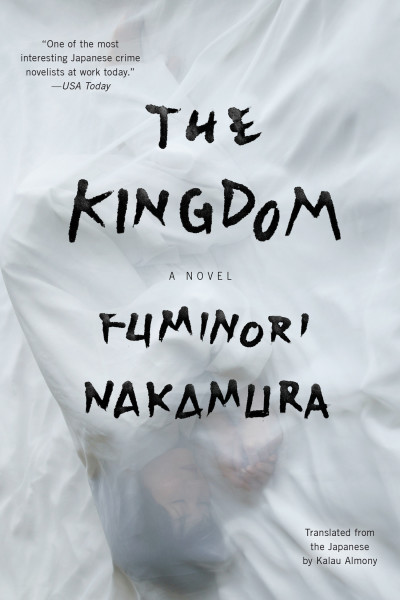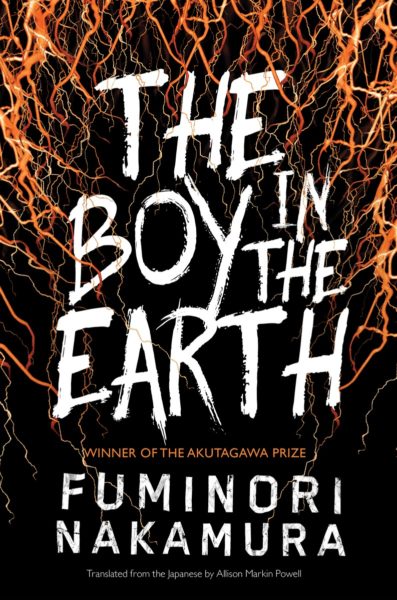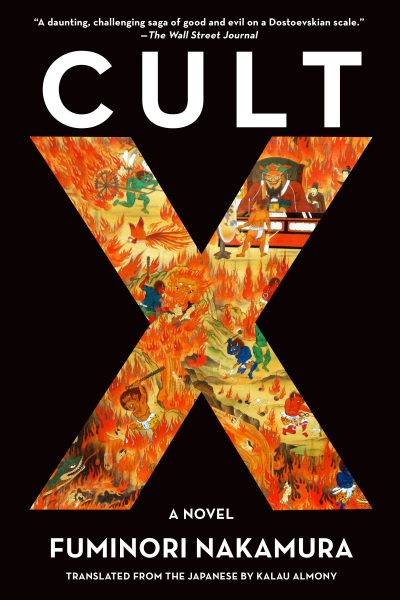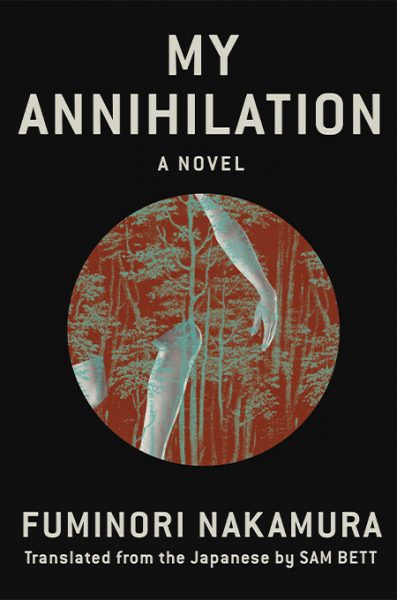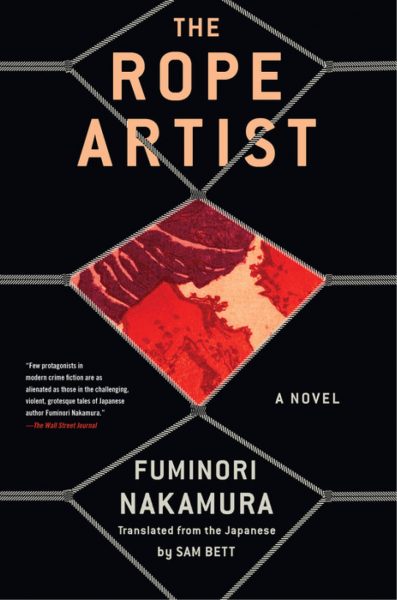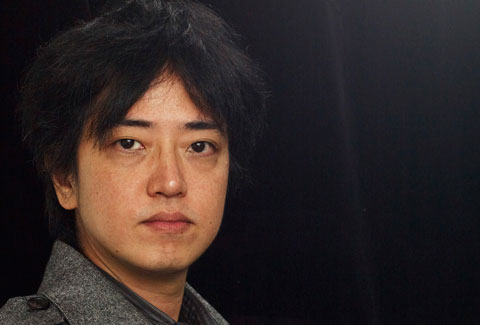Pricing
Hardcover $25.00
Paperback $14.95
Description
A young writer arrives at a prison to interview a convict. The writer has been commissioned to write a full account of the case, from the bizarre and grisly details of the crime to the nature of the man behind it. The suspect, a world-renowned photographer named Kiharazaka, has a deeply unsettling portfolio—lurking beneath the surface o...
A young writer arrives at a prison to interview a convict. The writer has been commissioned to write a full account of the case, from the bizarre and grisly details of the crime to the nature of the man behind it. The suspect, a world-renowned photographer named Kiharazaka, has a deeply unsettling portfolio—lurking beneath the surface of each photograph is an acutely obsessive fascination with his subject. He stands accused of murdering two women—both burned alive—and will likely face the death penalty. But something isn’t quite right. As the young writer probes further, his doubts about this man as a killer intensify, and he struggles to maintain his sense of reason and justice. Is Kiharazaka truly guilty, or will he die to protect someone else? Evoking Truman Capote’s In Cold Blood and Ryunosuke Akutagawa’s “Hell Screen,” Fuminori Nakamura has crafted a dark and twisting house of mirrors that philosophically explores the violence of aesthetics and the horrors of identity, asking a deceptively sinister question: Is it possible to truly capture the essence of another human being?
Media
“His grasp of the seamy underbelly of the city is why Nakamura is one of the most award-winning young guns of Japanese hardboiled detective writing. ”
—Daily Beast
“Extremely dark and certainly twisted. ”
–Suspense Magazine
“A murder mystery that will keep you guessing at every turn, as it is never really clear who the victims and the criminals are, until the ending that you will not see coming ... A dark and wonderful psychological mind-screw that forces the reader to question their own capacity for evil ... The subjects of love/hate, abandonment, obsession, revenge and sexual deviation are all touched upon in a manner that reminds me of Camus, or Kafka with a pinch of Dashell Hammitt. Recommended for fans of crime pulps, Freud, Jim Thompson, Albert Camus and Japanese Noir.”
–The Thugbrarian Review on Last Winter We Parted
“An old-fashioned house of mirrors... Nakamura's book requires (but also rewards) close attention: it is in a way a Postmodern revival of some of the tropes of classic noir and hard-boiled fiction, with a specifically Japanese sensibility. ”
–International Noir Fiction on Last Winter We Parted
“His most ambitious novel ... Nakamura is still pursuing the notion of the dark, existential thriller, but here we find him delving into even more twisted territory.”
–Grantland on Last Winter We Parted
“Crime fiction that pushes past the bounds of genre, occupying its own nightmare realm ... For Nakamura, like [Seichō'] Matsumoto, guilt or innocence is not the issue; we are corrupted, complicit, just by living in society. The ties that bind, in other words, are rules beyond our making, rules that distance us not only from each other but also from ourselves. ”
–David L. Ulin, Los Angeles Times
“With an economy of prose and pages, Nakamura has created a work that one can read during the course of a long afternoon and will remember for a lifetime. ”
–Bookreporter.com
“A tense, layered story ... [Nakamura's] stripped-down prose and direct style drop the reader straight into his nightmare.”
–The Japan Times
“Nakamura’s writing is as psychologically astute as it can be while also representing a vision of the world twisted and screwed, without joy or happiness. In other words, Last Winter, We Parted is the epitome of literary noir.”
–Mystery People (Austin, TX), Pick of the Month
“This slim, icy, outstanding thriller, reminiscent of Muriel Spark and Patricia Highsmith, should establish Fuminori Nakamura as one of the most interesting Japanese crime novelists at work today. ”
–USA Today on Last Winter We Parted
“Some of the darkest noir fiction to come out of Japan – or any country--in recent years ... Nakamura's stories, however labelled, are memorable forays into uncomfortable terrain. ”
–Tom Nolan, writing in Mystery Scene, on Fuminori Nakamura, author of Last Winter We Parted
“Stands out as a chilling, philosophical look at murder and the nature of guilt. ”
